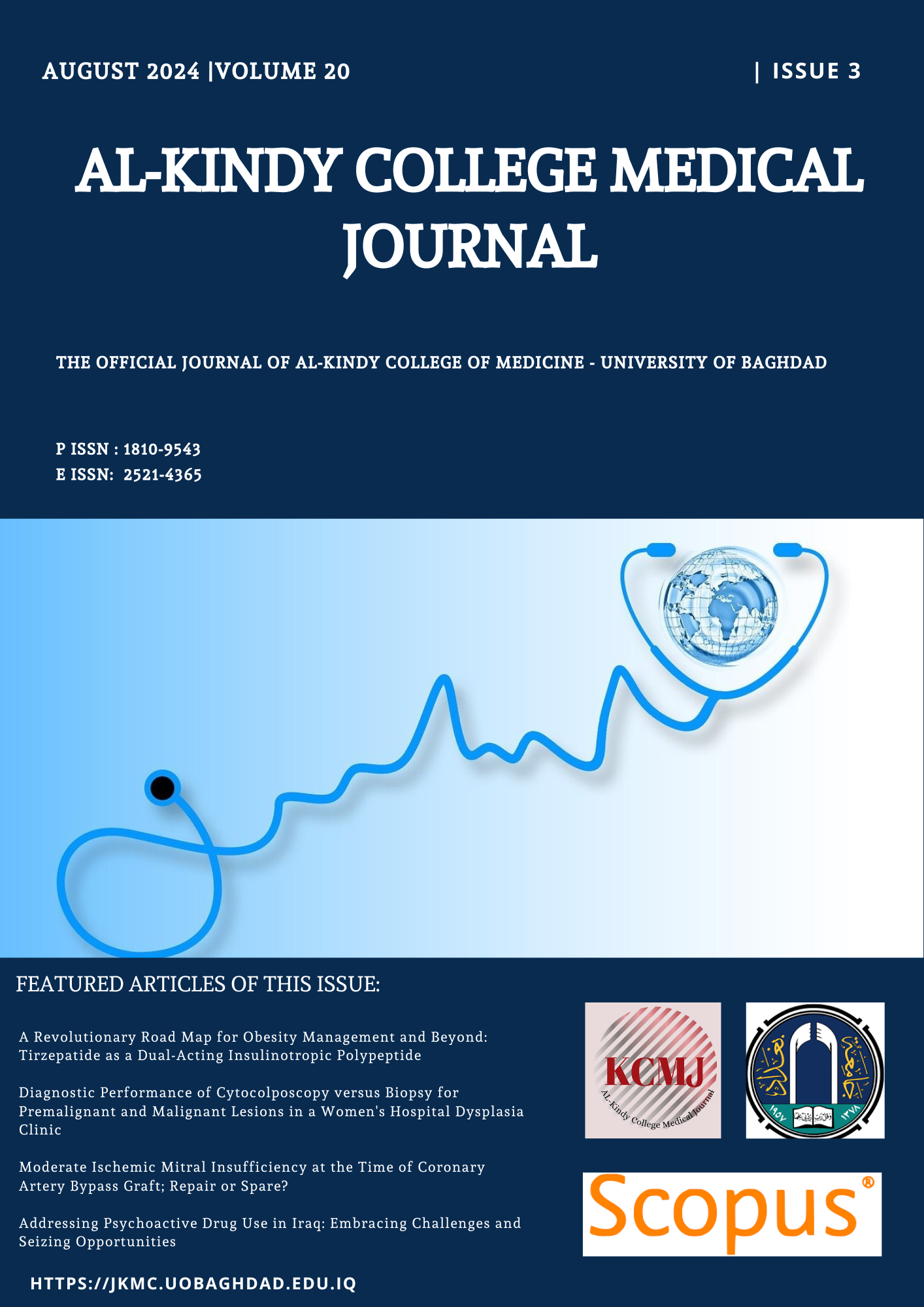McKusick-Kaufman Syndrome in An Iraqi Neonate: A Case Report
DOI:
https://doi.org/10.47723/1h3v8e14Keywords:
McKusick-Kaufman syndrome, Genetic Mutation, Hydrocolpos, NeonateAbstract
McKusick-Kaufman (MKS) syndrome is a rare, autosomal recessive disorder, determined by genetic mutation in the MKKS gene on chromosome 20. MKS commonly manifests with three primary components: Polydactyly, Congenital Heart Defects, and Genital and Urogenital Abnormalities. Most reported cases are of Amish descent, with only one Arabic documented case. We present a case of a genetic mutation of MKKS gene in an Iraqi female neonate who presented with repeated non-projectile non-bilious vomiting and abdominal distension. The examination showed a postaxial polydactyly in the hands and feet, an ejection systolic murmur, and an abdominal mass. Perineal examination revealed no vaginal orifice. Diagnosing MKS may necessitate a comprehensive approach due to its rarity and diversity in manifestation. Ruling out Bardet-Biedl syndrome, which shares MKS features, was difficult due to genetic test unavailability; for that patient was kept on follow-up. A high suspicion index, early diagnosis, and customized treatment strategies are essential to address each case's distinct symptoms and requirements, frequently using a multidisciplinary medical team to prevent complications.
Downloads
Published
Issue
Section
License
Copyright (c) 2024 AL-Kindy College Medical Journal

This work is licensed under a Creative Commons Attribution 4.0 International License.














